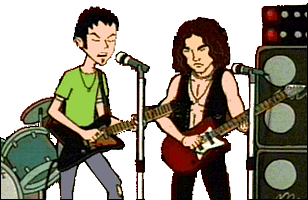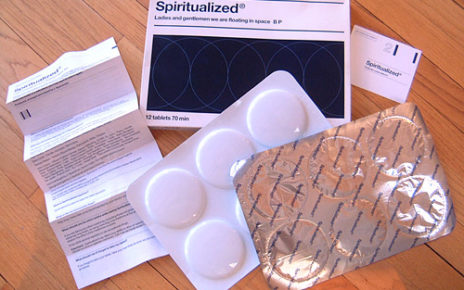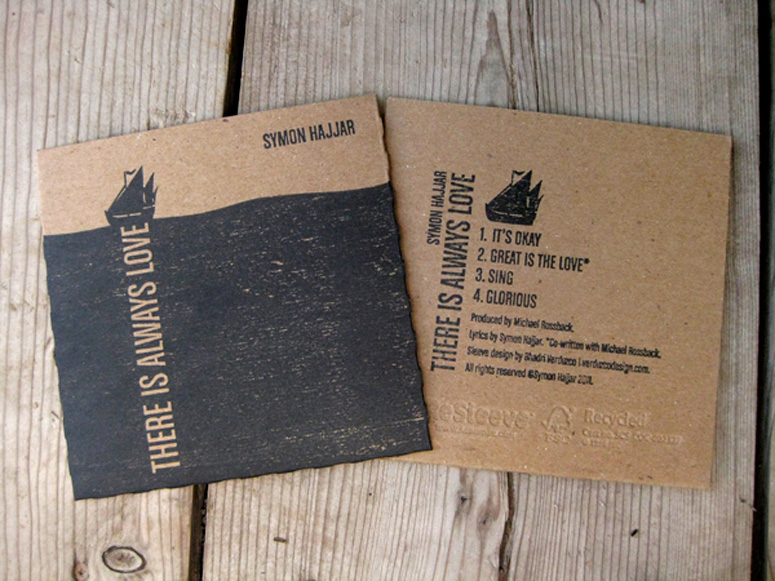Here is a comprehensive article about cover songs written by Cameron Mizell. Cameron is a freelance guitarist, producer, and consultant in Brooklyn, NY. You can check out his articles at musicianwages.com.
——————————————————————————–
Cover songs have an interesting place in the musician lexicon. The term cover song originated in the early part of the recording era, when record labels’ distribution was often limited regionally. When a song grew in popularity in one region, competing labels in other regions would record and distribute the same song to cover their region. A similar practice occurs today, online with digital music stores like iTunes. Some popular bands refuse to sell their music on iTunes. When they release a new album, a cover version of the single will invariably appear on iTunes, often by a studio band.
Cover songs reveal much about artists, from their ability to simply sing or play their instruments to their own tastes in music. For independent musicians, cover songs are usually a way to make money, grow your fan base, and a means for creative expression.
Many of the musicians I know and work with play in wedding or dance bands. They are expected to know a long list of popular tunes, and play them exactly as they were originally recorded. These cover band gigs usually pay pretty well, and perform frequently. Steady, paying work is something every musician needs, and this is one way to get it.
Performing Cover Songs
For musicians that write and perform original music, cover songs are a chance to add some familiarity to their performances. In fact, one of the best ways out of obscurity is to add a handful of cover songs to your repertoire. While your fans may know the words to all your songs, people that are new to your music will appreciate hearing a familiar song. Furthermore, recording cover songs can help people find your music. This is especially true if you sell music online, as a search query could turn up your version of a popular song. More on this later.
Taking the notion of familiarity a step further, musicians can re-work a cover song to the point it’s hardly recognizable save the lyrics or melody. There are a handful of artists known for their cover versions of songs, usually because their versions are a stark contrast to the original. In this case, the song is often used as a grounds to measure creativity. For example, jazz artists usually know a great deal of standards, which are simply tunes many other jazz musicians have recorded or performed. Because a large part of jazz is improvisation, these standards are the familiar ground on which the creativity takes place.
When you perform cover songs, the writers and publishers are paid through performing right societies such as ASCAP, BMI, SOCAN, or PRS. One way these performing rights organizations (often referred to as PROs) collect royalties is by charging a fee to bars and live music venues. Next time you walk into a club, look for a PRO sticker on the door or front window. That means they are paying their dues so they can have a jukebox, DJ, or live bands that might play cover songs. There are two important things to keep in mind about PROs:
- They collect royalties for public performances, not for the sale of recorded music. That is considered private use.
- As a performer, you do not have to pay performance royalties. These are paid by the venue which hired you to perform. However, if you record your show and sell it as a live album, you will need to pay for the compulsory licenses, discussed later in this article.
Recording Cover Songs
If performing cover songs is a great way to reach a few new fans, recording them is a great way to reach hundreds or thousands of new fans. Just as playing a cover song at your gig can attract the attention of new fans, putting a cover song on your album or EP might encourage people to check out more of your music. One clever approach to deciding which cover songs to put on your album is to choose a somewhat obscure song by one of your major influences. While most people might not immediately recognize the song, die hard fans of the original artist will be more interested in hearing your version. After all, if they are fans of the same music as you, they’re much more likely to be fans of your original music.
A great deal of musicians make videos of themselves playing cover songs at home and upload them to sites like YouTube. This is another great way to leverage the familiarity of the cover songs as a gateway to your music. Initially, YouTube ran into problems with copyright holders and publishers, because legally speaking, you should get paid for the public performance of your song. The issue has more or less been cleared up by now, but copyright holders still have a right to have cover versions of their songs pulled down. In a somewhat ironic twist, Prince pulled his cover version of Radiohead’s “Creep” off YouTube, which left Radiohead, the copyright owner, asking for it to be unblocked. This decision gets to be made by the copyright owner, not the performer.
How Do I Release Cover Songs Legally?
Many independent artists are weary of putting cover songs on their album because of the hassle of obtaining a license for commercial release. I was among this group of people until I figure out how to use an online licensing system such as RightsFlow’s Limelight service. Using this tool, I was able to decide ahead of time what songs could be easily licensed online using a simple shopping cart and check out process before going into the studio. I licensed four songs for my last album for both physical and digital distribution. You will need to pre-pay for a set number of licenses and there is a flat fee per song regardless of how many licenses you purchase, but this is an extremely convenient way to obtain a compulsory license. If you want to record and release a cover song, I highly recommend investigating this option. If you have any questions, consult a music lawyer ahead of time.
If you want to avoid paying royalties altogether, you may be able to find popular songs in the public domain. Generally speaking, these are songs that were written before 1923. Most traditional spirituals and hymns fall into this category. To prove a song is in the public domain, you will need to be able to produce published sheet music that displays the copyright. With the vast number of resources online, this is pretty easy. One other warning here–original arrangements of public domain music can be copyrighted. Before you record a public domain song, make sure you’re not using a copyrighted arrangement.
The benefits of releasing cover songs outweigh the hassle of tracking sales and paying for royalties, especially with services like Limelight streamlining the process for independent musicians. The cover songs I’ve released have generated more sales than my original music, either from individual downloads or by leading people to buy my full album as either a download or CD. I’m currently working on a covers album with a friend (and regardless of when you read this article, that statement is probably true). This is simply an easy way to create some steady income as a musician.
I’ll leave you with one tip for releasing cover songs: Get your metadata right! The biggest advantage of releasing cover songs online is that people will find you in search results. Make sure you’ve optimized your key words, and it’s a good idea to experiment with a few searches and see what comes up on various sites. Understand how people search for songs (usually by the original artist, album, and title). Make sure you spell everything correctly.
Good luck!
_____________________________________________________________________
James Hill is a veteran of the music industry. He first worked at Warner Reprise Records then later joined Interscope/ Geffen Records where he managed producers and songwriters and got his first platinum record for Keyshia Cole’s The Way It Is. He is now helping indie artists with branding and manufacturing through his company Unified Manufacturing, a CD/DVD/vinyl and merch company in LA.




